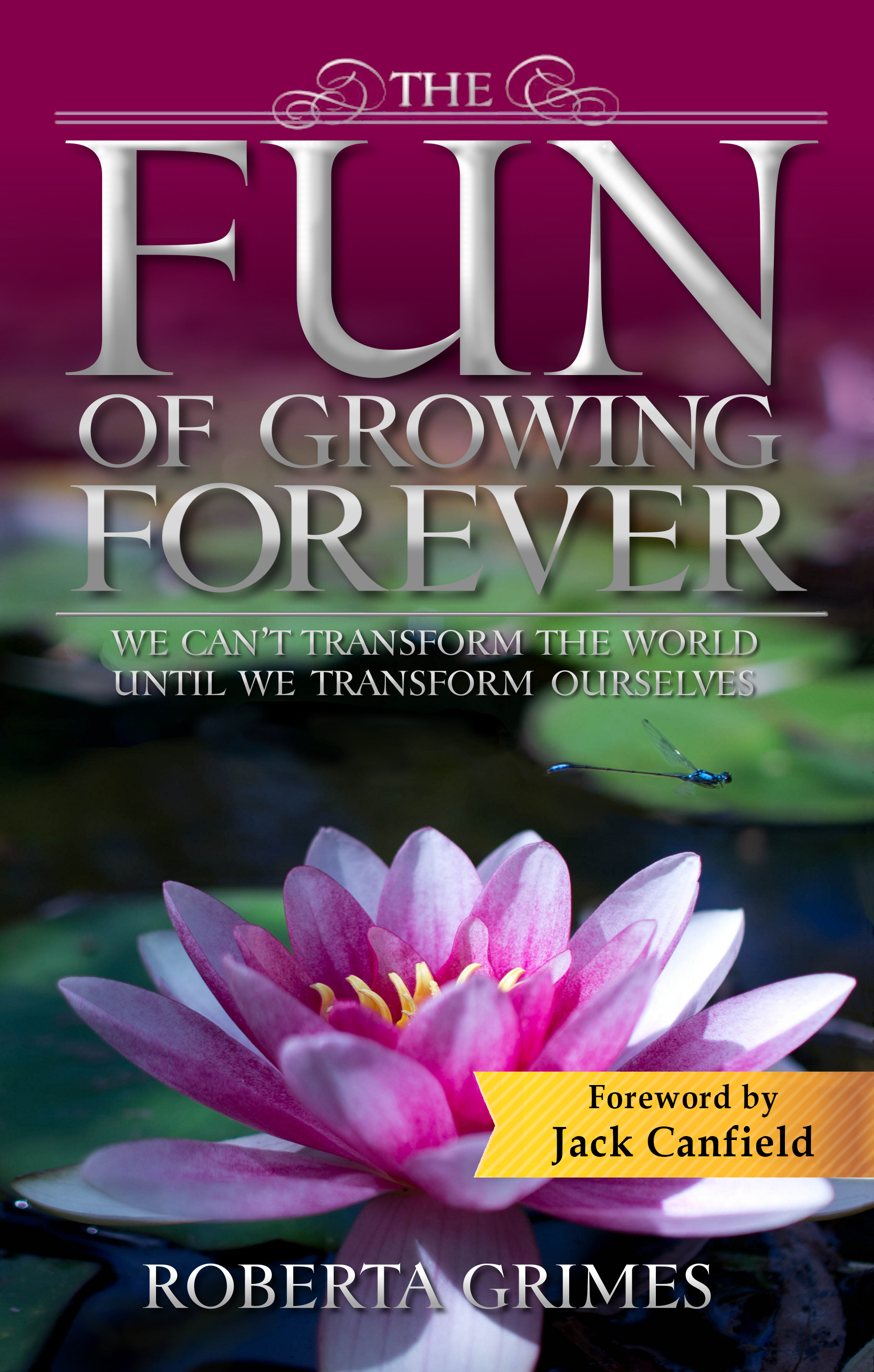I love to go a-wandering,
Along the mountain track,
And as I go, I laugh and sing,
My knapsack on my back.
Val-deri,Val-dera,
Val-deri,
Val-dera-ha-ha-ha-ha-ha
Val-deri,Val-dera.
My knapsack on my back.
I love to wander by the stream
That dances in the sun,
So joyously it calls to me,
“Come! Join my happy song!”
I wave my hat to all I meet,
And they wave back to me,
And blackbirds call so loud and sweet
From ev’ry green wood tree.
High overhead, the skylarks wing,
They never rest at home
But just like me, they love to sing,
As o’er the world we roam.
– Friedrich Wilhelm Moller (April 14, 1931 – June 23, 1996) from “The Happy Wanderer” (1950).
 When we were talking here a couple of weeks back about the need for a Divine Designer Who can readily plan, and then can bring this earthly reality into material being, beginning from long before its creation, we also realized that this reality needs a continuously ongoing Creator, not just at its start, but also at every minute stage of its complicated growth along the way. Of course, without careful divine guidance, we know that the perfect, ongoing workings of our earthly realty would be impossible. Even the most diehard of materialists seems by now to be ceding more and more of this point. And still, even more now, these scientists hasten to tell us, forget about haggling about maintaining this reality, when the evidence is telling us ever more certainly that this planet could be hit by an asteroid, at any second! Omigosh. And then I have just found a quite wonderful, only months-old and very well-done summary of how the earth’s sun is going to decline over billions of years, and then it will all end anyway. (I hope this works for you, my dear ones, since after I watched it through, I had trouble with the reset.)
When we were talking here a couple of weeks back about the need for a Divine Designer Who can readily plan, and then can bring this earthly reality into material being, beginning from long before its creation, we also realized that this reality needs a continuously ongoing Creator, not just at its start, but also at every minute stage of its complicated growth along the way. Of course, without careful divine guidance, we know that the perfect, ongoing workings of our earthly realty would be impossible. Even the most diehard of materialists seems by now to be ceding more and more of this point. And still, even more now, these scientists hasten to tell us, forget about haggling about maintaining this reality, when the evidence is telling us ever more certainly that this planet could be hit by an asteroid, at any second! Omigosh. And then I have just found a quite wonderful, only months-old and very well-done summary of how the earth’s sun is going to decline over billions of years, and then it will all end anyway. (I hope this works for you, my dear ones, since after I watched it through, I had trouble with the reset.)
 The plain fact is, of course, that you and I see things very differently than do the materialist scientists, even as we are enjoying learning from the fruits of their work, for the tiny further distance those fruits can take us. Even today, I subscribe to and eagerly read a half-dozen amateur-scientist magazines, some of which by now are only online. I love all the work these young scientists are doing! Of course, they still are sadly hobbled by their self-imposed materialist dogma, which means that they still haven’t made much progress since the start of the Twentieth Century. They still don’t know what consciousness is, although by now they are pretty sure that our brains are not the source of it. They still don’t understand where life comes from, and they still are scratching their poor boonswoggled heads over some basic phenomena that you and I understand and can easily account for, such as terminal lucidity.Which is in fact an easily-explained phenomenon, once you understand how the death process happens, and once you also give up that old materialist dogma nonsense.
The plain fact is, of course, that you and I see things very differently than do the materialist scientists, even as we are enjoying learning from the fruits of their work, for the tiny further distance those fruits can take us. Even today, I subscribe to and eagerly read a half-dozen amateur-scientist magazines, some of which by now are only online. I love all the work these young scientists are doing! Of course, they still are sadly hobbled by their self-imposed materialist dogma, which means that they still haven’t made much progress since the start of the Twentieth Century. They still don’t know what consciousness is, although by now they are pretty sure that our brains are not the source of it. They still don’t understand where life comes from, and they still are scratching their poor boonswoggled heads over some basic phenomena that you and I understand and can easily account for, such as terminal lucidity.Which is in fact an easily-explained phenomenon, once you understand how the death process happens, and once you also give up that old materialist dogma nonsense.
 Okay then, if I think I’m so smart, I should right now be able to explain terminal lucidity to you! Right? Fair enough, but then you’re going to have to promise to stick around for “… the rest of the story.” Deal? Okay, so in terminal lucidity, a dying person whose brain has seemed to be long-since fried, with little or no communication or understanding still possible at all, will suddenly “wake up”, and seem to once again possess almost normal mental function. Someone in this state might suddenly recognize loved ones to whom he has been oblivious for years, and carry on amazingly normal conversations, talking and laughing, and remembering things that everyone had thought he had long since forgotten. Then, after hours or perhaps a day of what has seemed to be almost complete mental normality, this period of lucidity will pass, and within a few days thereafter, that person will die.
Okay then, if I think I’m so smart, I should right now be able to explain terminal lucidity to you! Right? Fair enough, but then you’re going to have to promise to stick around for “… the rest of the story.” Deal? Okay, so in terminal lucidity, a dying person whose brain has seemed to be long-since fried, with little or no communication or understanding still possible at all, will suddenly “wake up”, and seem to once again possess almost normal mental function. Someone in this state might suddenly recognize loved ones to whom he has been oblivious for years, and carry on amazingly normal conversations, talking and laughing, and remembering things that everyone had thought he had long since forgotten. Then, after hours or perhaps a day of what has seemed to be almost complete mental normality, this period of lucidity will pass, and within a few days thereafter, that person will die.
 So, what was actually going on during that period of terminal lucidity? Permit me to explain. People’s bodies on earth are made something like nested dolls, with inner nested energy bodies, or “consciousness bodies”, if you will, and outer material bodies. Our innermost energy bodies will actually leave our material bodies fairly often during life, while those material bodies sleep; with our outermost energy (or consciousness) bodies remaining attached to our sleeping material bodies by a silver cord that keeps our material bodies alive. Those innermost energy bodies then will often happily go a-wanderin’, sometimes into the astral plane and for long distances on many nights, still confidently attached to our material body by that silver cord. But then eventually will come the day and the hour that you had selected as part of your pre-birth planning for you to prepare to go home again. So your long-dead loved ones will begin to gather around your bed, and your outer energy body that always had stayed with your material body will un-velcro (this is how dying people have told us that it feels) from inside your material fingers and feet, then up the inside of your limbs, and also from inside your torso and brain. As all of this loosening of the inside energy (or consciousness) body happens, something wonderful that also might happen, as your consciousness begins to gather and to re-organize itself inside your material chest, is, yes, that your consciousness might experience a period of terminal lucidity, when it is free of your material body and your damaged and dying brain, so it can interact normally with your living loved ones gathered there around your bed.
So, what was actually going on during that period of terminal lucidity? Permit me to explain. People’s bodies on earth are made something like nested dolls, with inner nested energy bodies, or “consciousness bodies”, if you will, and outer material bodies. Our innermost energy bodies will actually leave our material bodies fairly often during life, while those material bodies sleep; with our outermost energy (or consciousness) bodies remaining attached to our sleeping material bodies by a silver cord that keeps our material bodies alive. Those innermost energy bodies then will often happily go a-wanderin’, sometimes into the astral plane and for long distances on many nights, still confidently attached to our material body by that silver cord. But then eventually will come the day and the hour that you had selected as part of your pre-birth planning for you to prepare to go home again. So your long-dead loved ones will begin to gather around your bed, and your outer energy body that always had stayed with your material body will un-velcro (this is how dying people have told us that it feels) from inside your material fingers and feet, then up the inside of your limbs, and also from inside your torso and brain. As all of this loosening of the inside energy (or consciousness) body happens, something wonderful that also might happen, as your consciousness begins to gather and to re-organize itself inside your material chest, is, yes, that your consciousness might experience a period of terminal lucidity, when it is free of your material body and your damaged and dying brain, so it can interact normally with your living loved ones gathered there around your bed.
 Terminal lucidity has not yet been much scientifically studied, primarily because materialist scientists have had a lot of trouble believing in the phenomenon at all. But, oh yes indeed, it does happen, and often! And it seems to happen earlier than the very final stage of dying, which means earlier than that last couple of days of life, when those who are dying generally are seeing their long-dead loved ones, who have come for them, usually appearing in the upper corners of the room, looking young and happy. That is such a beautiful time! That moment is when the dying generally stop altogether talking with the living, but at that point they are just talking and laughing by mind with those beautiful long-dead loved ones who have come for them. Their dead loved ones have come to coax them out of their dying bodies, and urge them to raise their consciousness vibrations, and, with them, to happily embark on the brief and thrilling trip home!
Terminal lucidity has not yet been much scientifically studied, primarily because materialist scientists have had a lot of trouble believing in the phenomenon at all. But, oh yes indeed, it does happen, and often! And it seems to happen earlier than the very final stage of dying, which means earlier than that last couple of days of life, when those who are dying generally are seeing their long-dead loved ones, who have come for them, usually appearing in the upper corners of the room, looking young and happy. That is such a beautiful time! That moment is when the dying generally stop altogether talking with the living, but at that point they are just talking and laughing by mind with those beautiful long-dead loved ones who have come for them. Their dead loved ones have come to coax them out of their dying bodies, and urge them to raise their consciousness vibrations, and, with them, to happily embark on the brief and thrilling trip home!
 So, that is terminal lucidity. Make sense? Then please, let’s talk for just a lovely moment now about what our lives on earth are truly for. The wonderful fact that materialist scientists still have not managed to grasp at all, but the fact that with magnificent love runs every moment of our lives, is the glorious fact that consciousness is everything, and it is all things. Consciousness is the Mind of God, and every human mind is an aspect of that same Mind of God, whether we are more or less loving. And the more loving you are in all that you do, the more perfectly you can personally be vibrating ever higher, toward the ever more perfect love of God, and as an ever more perfect aspect of the eternal Mind of God. This is the central, joyous truth of all reality!
So, that is terminal lucidity. Make sense? Then please, let’s talk for just a lovely moment now about what our lives on earth are truly for. The wonderful fact that materialist scientists still have not managed to grasp at all, but the fact that with magnificent love runs every moment of our lives, is the glorious fact that consciousness is everything, and it is all things. Consciousness is the Mind of God, and every human mind is an aspect of that same Mind of God, whether we are more or less loving. And the more loving you are in all that you do, the more perfectly you can personally be vibrating ever higher, toward the ever more perfect love of God, and as an ever more perfect aspect of the eternal Mind of God. This is the central, joyous truth of all reality!
 And for you and me to daily live that truth, we need only to live our every day lives by the sacred Gospel teachings of Jesus. It is just that wonderfully simple! Only live the Gospel truths as Jesus came long ago to teach them to us. Use the daily, universal application of prevenient forgiveness of everything to clear your life of every remaining boundary that you still might find to universal love. Or perhaps, my dear ones, come to Jesus through A Course in Miracles. There, Jesus tells us, Nothing real can be threatened. Nothing unreal exists. Therein lies the peace of God. Oh my goodness, it has been more than two decades now since I spent two years learning A Course in Miracles with a study group; and yet, I still recall that peaceful summation of the entire Course in three brief sentences. I still recite those three sentences often! So much perfect, untold personal peace comes from just those few words. Use them to lift your heart to God’s heart, and fill it there joyously with God’s love that feels as light as birdsong. We think that finding God is hard, but God has been here, close beside you, and loving you perfectly as God’s best-beloved child, all along!
And for you and me to daily live that truth, we need only to live our every day lives by the sacred Gospel teachings of Jesus. It is just that wonderfully simple! Only live the Gospel truths as Jesus came long ago to teach them to us. Use the daily, universal application of prevenient forgiveness of everything to clear your life of every remaining boundary that you still might find to universal love. Or perhaps, my dear ones, come to Jesus through A Course in Miracles. There, Jesus tells us, Nothing real can be threatened. Nothing unreal exists. Therein lies the peace of God. Oh my goodness, it has been more than two decades now since I spent two years learning A Course in Miracles with a study group; and yet, I still recall that peaceful summation of the entire Course in three brief sentences. I still recite those three sentences often! So much perfect, untold personal peace comes from just those few words. Use them to lift your heart to God’s heart, and fill it there joyously with God’s love that feels as light as birdsong. We think that finding God is hard, but God has been here, close beside you, and loving you perfectly as God’s best-beloved child, all along!
Val-deri,Val-dera,
Val-deri,
Val-dera-ha-ha-ha-ha-ha
Val-deri,Val-dera.
My knapsack on my back.
Oh, may I go a-wandering
Until the day I die!
Oh, may I always laugh and sing,
Beneath God’s clear blue sky!
– Friedrich Wilhelm Moller (April 14, 1931 – June 23, 1996) from “The Happy Wanderer” (1950).
(Many photos are from Vecteezy.com)
































































